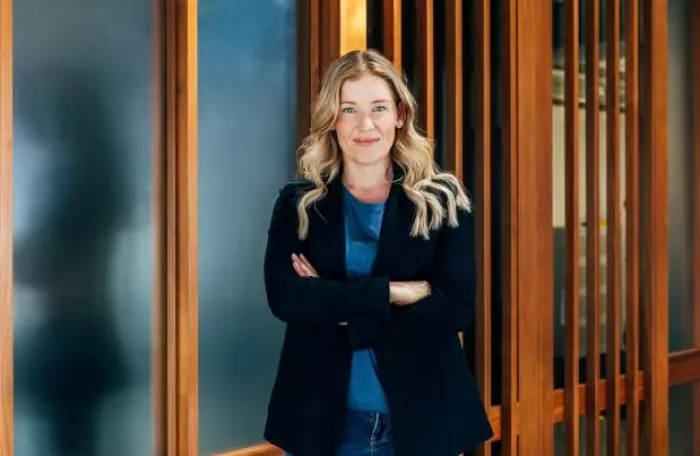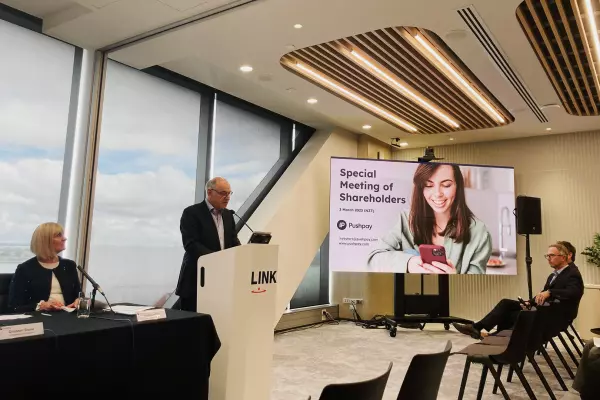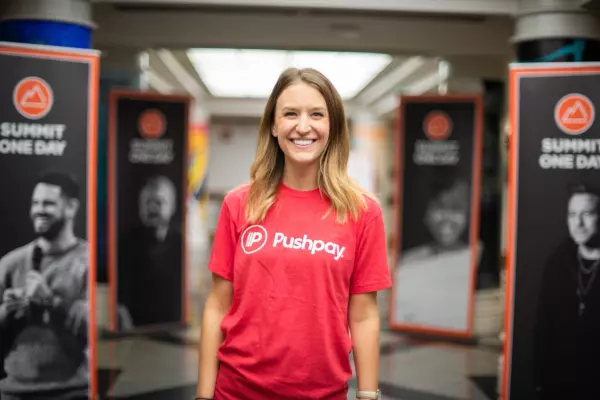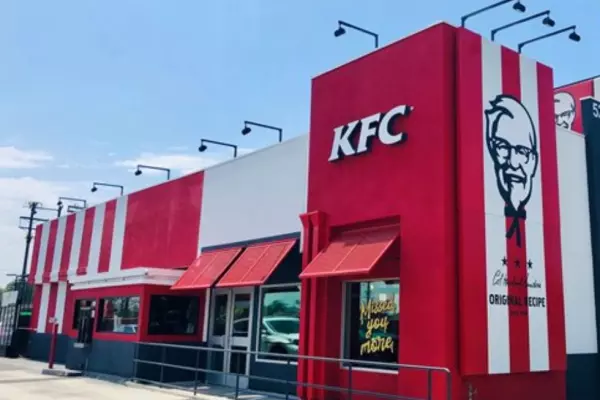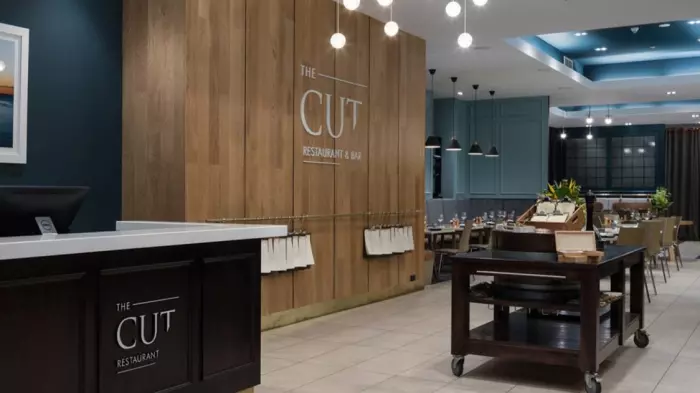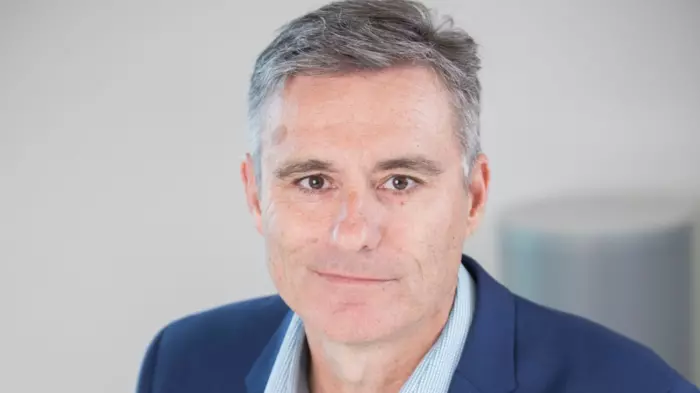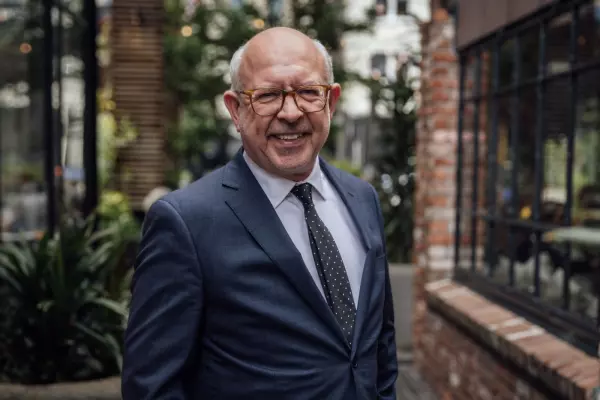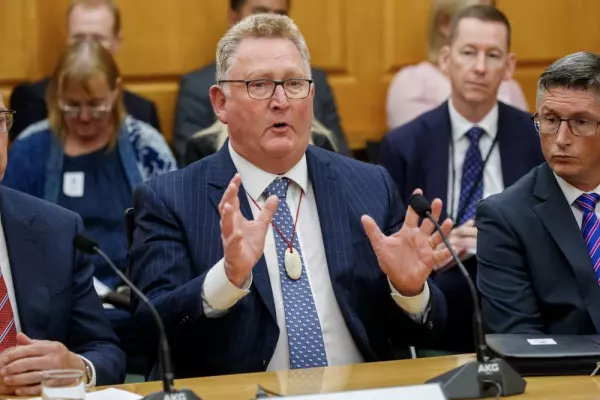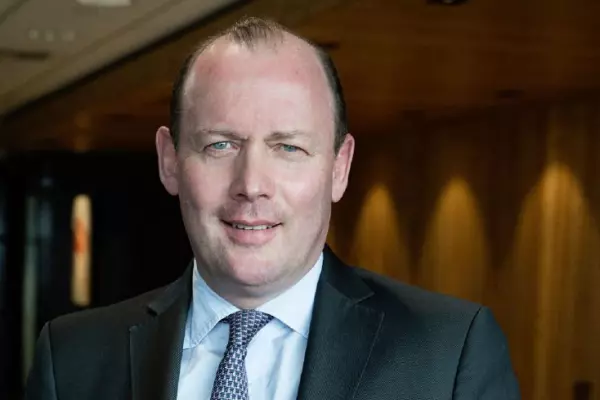Kristen Lunman is the co-founder and chief executive of Hatch, a share investment platform with more than 150,000 users that was bought last year by global wealth management service company FNZ for a reported $40m. The Canadian-born entrepreneur built Hatch as part of Kiwi Wealth in 2018 and was nominated for the New Zealand Women of Influence Innovator award that year. She spent much of her early career as a business analyst for corporations but found herself limited by "old boys' clubs" and jumped at the opportunity to build her own business. When she is not working on Hatch, you might find her surfing on the Wellington coast, shouting from the sidelines of one of her kids' sports games, or dreaming up her next big business idea.
My heart hurts a little bit when I think of my childhood, only because it featured divorce, remarriages, and all that messy stuff. Back then – in Calgary, Canada – divorce wasn't really that common.
There were some real scarce times when I definitely knew that money was tight. North America is really materialistic, and it was all about having cars and houses and all that stuff. But my parents were Kiwi-built, and none of that shit mattered to them.
Even though I didn't feel like the other kids, we were doing the most amazing stuff, like hiking in the Rockies or doing the West Coast Trail, which is a 10-day tramp I did at the age of 10. We’d do things like going tobogganing and break an arm because we’d crashed into something.
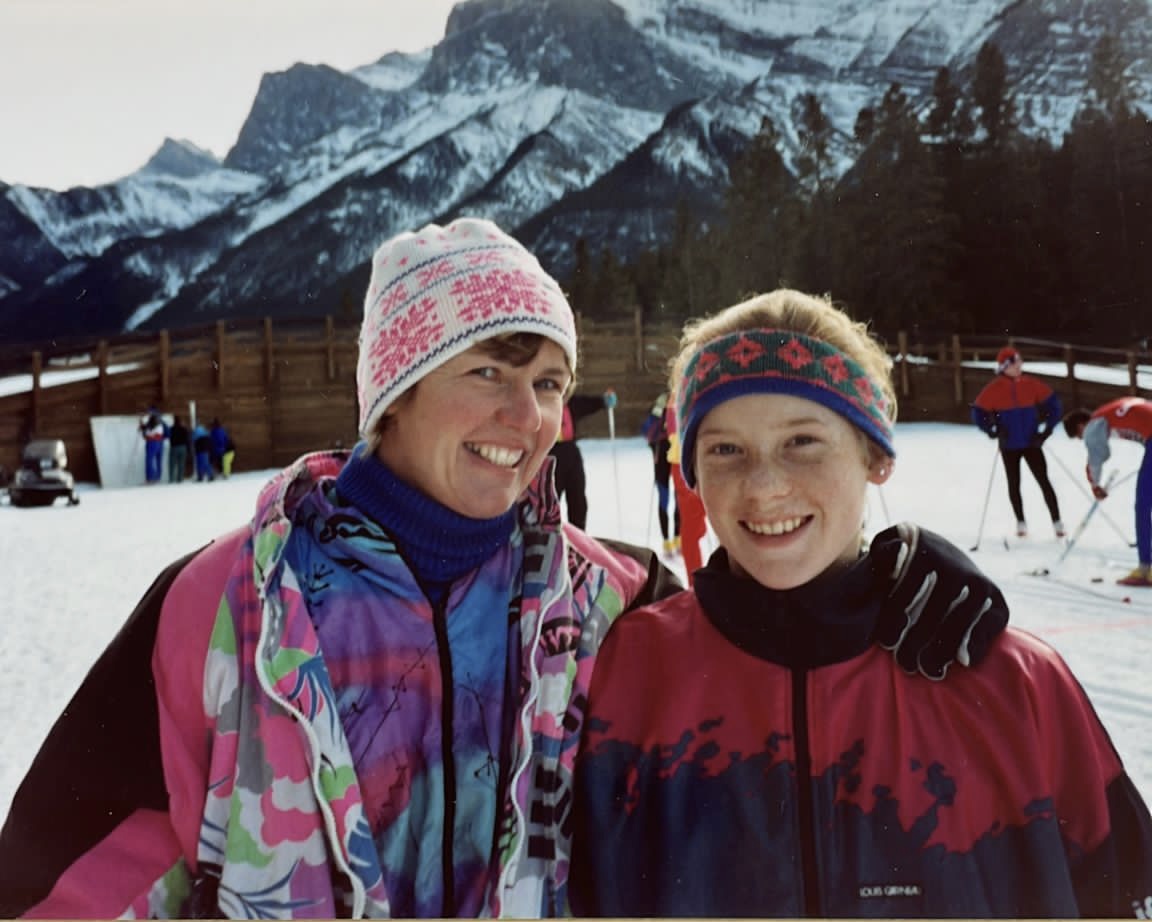 Kristen Lunman's parents took her skiing and hiking.
Kristen Lunman's parents took her skiing and hiking.I did well on the subjects I liked, which happened to be PE and social sciences, and just figured out how to get by with the other stuff.
Mum told me what I was going to do after school. The first thing was that I had to do a gap year. We weren't allowed to go straight to uni. Once I had graduated, I had to work to save up money, then I had to go travelling. Those were the rules.
When I got home from my gap year, mum basically just said I had to go to business school or do journalism. I'd become terribly homesick while I was away, and journalism was across the country in Ontario, so I said, "I’m not getting on another plane!" and I chose business. But as a kid, I wanted to be a National Geographic photographer.
Always, always, always, always be the most curious person in the room. Curiosity tends to lead to innovation and other good things.
I got really good at being quiet, just listening, learning, and extracting information, then figuring out how I could move the needle or do something interesting.
I got comfortable with being the most curious person in the room, and I think that’s how I got here.
I'm a huge fan of saying, "Yes, I'll take that opportunity."
At one of my first jobs, a guy was hired at the same time as I was, but he was making $30,000 more than me. So I met with the vice president of the company, an old white guy, and I'll never forget what he said when I asked for a raise. He said: “In my experience, people who don't get what they want go out and find it.”
From then on, I was ruthless. I would know my value and the minute I wasn’t feeling challenged or like I was growing, I was out of there.
I’ve never understood people who are unhappy at work. Life is short and we all have something to contribute. If you're not feeling engaged with what you're doing …
This is a very privileged thing to say, but I’ve never understood workplace complainers and gossipers.
Hatch is probably my biggest business success, because it is so much fun to build something from scratch.
I was once in between jobs in Vietnam, and someone rang and said, "We want to start this fintech thing in New Zealand. Would you want to do that?" And I just said yes.
That night, I downloaded a book called something like "Fintech 101" on my Kindle, thinking, how hard can it be?
It was a few years after that that I met the Kiwi Wealth family, saw the opportunity and pitched them Hatch. They actually said no, initially, because it was relatively risky for a conservative brand.
I only knew it was a success after the sale [to FNZ]. My key stakeholder, Ian Burns, who was Kiwi Wealth CEO at the time, said to me: "You did this, and no one can take that away from you."
Until then, I still had this gnawing stress that the whole thing could fall over any day, however irrational that might have been.
We had a big party. We booked out a restaurant and danced until the wee small hours; it was so much fun.
I'm going to do another start-up, 100%. Maybe not next year, maybe not in four years, but I 100% have another one in me.
I'm really inspired by people like Rod Drury, Linda Jenkinson, and Ryan Baker who just exited Timely.
These are people who did interesting stuff in their 20s, maybe flipped a few small businesses, but really came into their own in their 40s and did kick-ass shit.
But for now, I love Hatch, and what we're doing. We've got some great goals to knock off first.
I’m very bad at relaxing, but I surf when I can. When you are in the water for an hour, you just feel absolute comfort and all of the stress just vanishes.
I can't surf every day, but it is how I manage. I recognise that I have to go out into the ocean or for a walk in the bush.
Also, I like to buy art – which seems to be mostly Kiwi artists these days. I've got my eye on a piece by Hori and another by Malarky, who is a graffiti artist a bit like Gina Kiel.
I love contemporary art because it's so polarising. I've got this one piece by Euan Macdonald that people either love or hate. It looks like a child could have done it.
As told to Dan Brunskill.
This interview has been edited for clarity.


